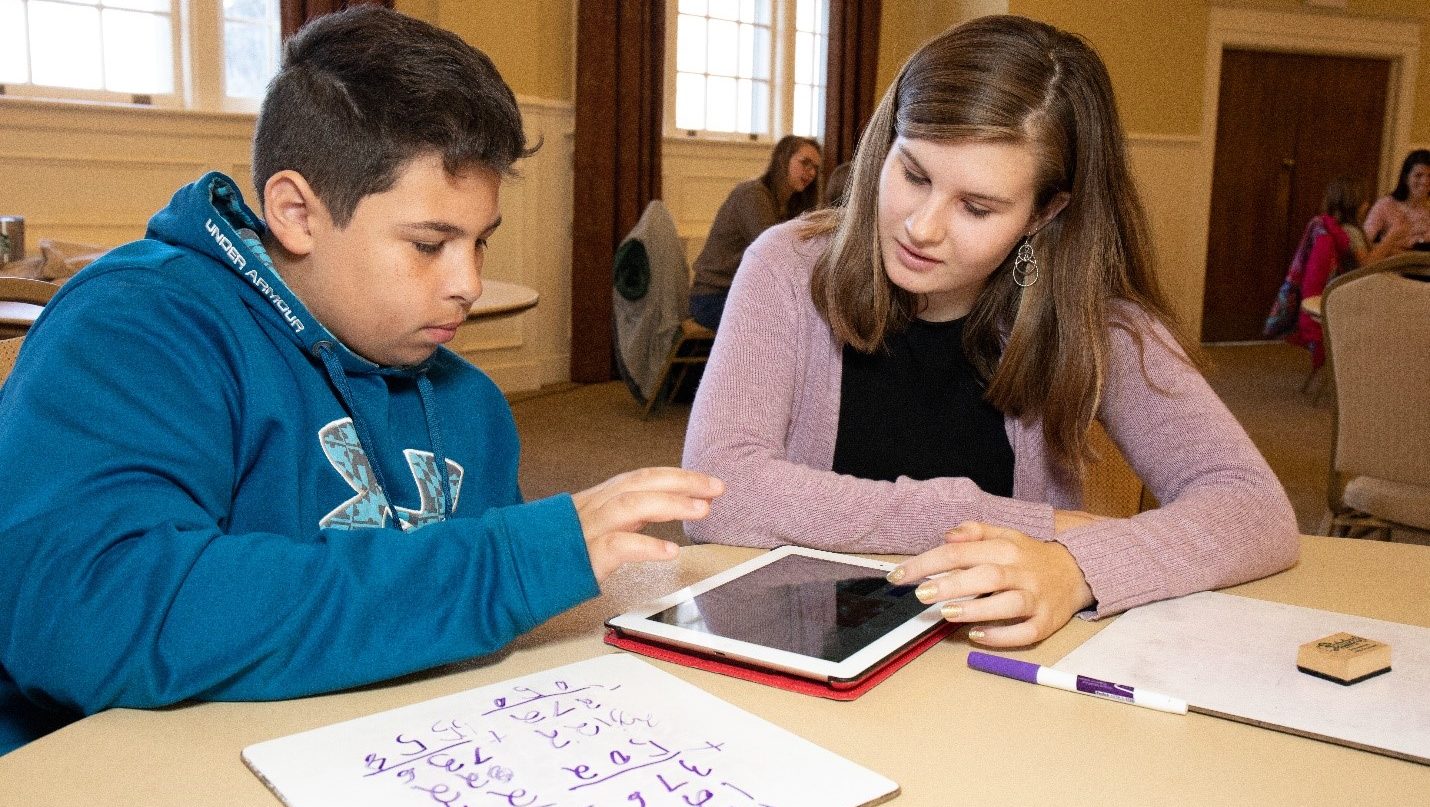23 Mar2020
AACTE Responds to COVID-19
By Jennie Carr
Like most of you, I got the email from our president one afternoon last week expressing that our institution was transitioning to remote learning. Instantly, my heart dropped and a zillion thoughts started running through my head. How will I ensure my students get a good experience? What about all my interactive learning experiences? What if my student doesn’t have access to the internet? How am I going to do this?”
After a little reflection, I realized we tell our students not to panic when we assign them a task or assignment that to them seems unforeseeable (the first time they’ve written a 20-page paper or presented for 30 whole minutes). Moving to remote learning may seem unforeseeable to you. However, I urge you to take a breath. Instead of panicking or being irritated, consider an alternative perspective:
This is a chance to try something new. You can take advantage of this unique opportunity. There are dozens of online platforms that have generously offered services for free to support students and faculty during the COVID-19 pandemic. I’ve been desperate to try these platforms but I have not had the time or the financial resources. Personally, I love instructional technology. The past few days I have been like a kid in a candy shop. I cannot wait to explore these pedagogical tools. Consider going back through your emails and pick one to try. Maybe it will rejuvenate you!
06 Jan2020
Virtual Math Mentorship Project: Partnering Elementary Math Methods Course with Rural Title 1 School
By Jennie Carr and Tammy T. May

Photo Credit: Ben Wyrick
Ed Prep Matters features the “Revolutionizing Education” column to spotlight the many ways AACTE, member institutions, and partners are pioneering leading-edge research, models, strategies and programs that focus on the three core values outlined in the current AACTE strategic plan: Diversity, Equity, and Inclusion; Quality and impact; and Inquiry and Innovation.
This article was written by Jennie M. Carr of Bridgewater College and Tammy T. May of Rockingham County Public Schools.
Educator preparators are often seeking unique and meaningful experiences for their teacher candidates. With the knowledge that high quality mentoring relationships can demonstrate positive improvements in academic performance, attendance, feelings of self-confidence, resilience, perceived social acceptance, and relationships with others, we began working collaboratively to create a mutually beneficial math mentorship partnership between Bridgwater College and an elementary school in the Rockingham County Public School District (Coller & Kuo, 2014; Masters & Kreeger, 2017). The logistics of managing a traditional face-to-face mentoring experience was too difficult and there is no required field experience in the college’s elementary math methods course. Because online tools are typically utilized on college campuses and with the school district’s recent 1:1 Chromebook adoption, we crafted the virtual math mentorship (Hartun & Harvey, 2015).
Connecting the virtual math mentorship to teacher candidates’ capstone project in the math methods course was vital to its success. The eight-week project consisted of a teacher candidate field trip to the elementary school, two virtual Google Hangout sessions, four virtual Seesaw pen pal exchanges, and the creation of a personalized and interest-based differentiated math lesson for a fifth grade mentee, which was implemented during the students field trip to Bridgewater College.
17 Jul2019
By Jennie Carr

This article by AACTE Board member Jennie M. Carr and photo originally appeared in Faculty Focus and is reprinted with permission. ©Magna Publications.
I once heard a colleague explain that their office hours were intentionally scheduled from 8 am to 10 am because students are still asleep. The professor laughed, but I cringed. That thought process is so far from my teaching philosophy, which is dedicated to developing and supporting students, that the intentionality of the comment prompted me to reflect on my own process for scheduling office hours.
At the beginning of each semester, I review my teaching assignments and then create a balanced schedule based on course days and times, various committee and departmental meetings, services, and office hours. For several years, like many of my colleagues (maybe even you), I selected office hours based on








